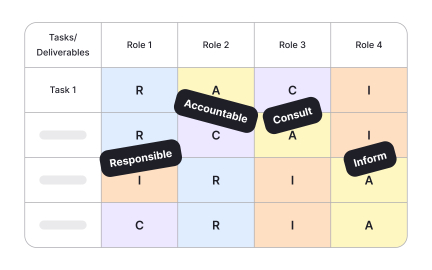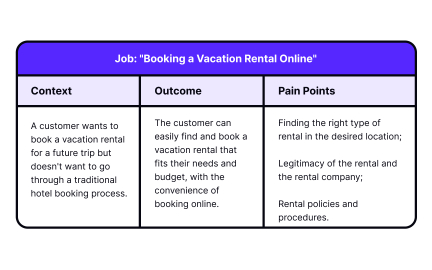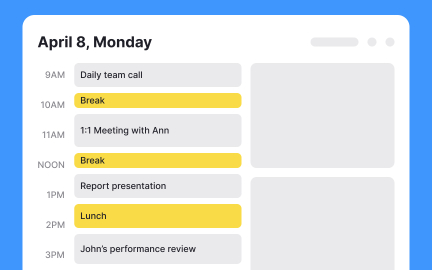Resource & Timeline Management
Resource & Timeline Management involves balancing team capacity, schedules, and priorities so work stays on track without overloading contributors or missing deadlines.
Resource & Timeline Management
What is Resource & Timeline Management?
Your projects consistently run over budget and behind schedule because team capacity and timeline estimation are based on optimistic assumptions rather than realistic assessment of available resources and actual work complexity.
Most teams plan projects with insufficient understanding of resource constraints and timeline pressures, leading to overpromising, team burnout, and delivery delays that frustrate stakeholders and damage team morale.
Resource and timeline management is the systematic planning, allocation, and monitoring of team capacity, budget, and schedule constraints to ensure projects are completed successfully within realistic expectations while optimizing productivity and preventing resource conflicts.
Teams with strong resource and timeline management achieve 50% fewer missed deadlines, 35% better budget adherence, and significantly higher team satisfaction because workload is manageable and expectations are realistic.
Think about how construction companies manage complex projects by carefully coordinating labor, materials, and timeline dependencies, or how film production companies coordinate hundreds of people and resources to deliver movies on schedule and budget.
Why Resource & Timeline Management Matters for Project Success
Your projects suffer from scope creep, missed deadlines, and team stress because resource allocation and timeline planning don't account for realistic capacity constraints and work complexity that affect actual delivery capability.
The cost of poor resource and timeline management compounds throughout project lifecycles. You get delayed deliveries, exceeded budgets, overworked team members, stakeholder disappointment, and competitive disadvantage through slower execution on critical initiatives.
What effective resource and timeline management delivers:
More realistic project planning because systematic assessment of resources and timeline constraints creates achievable project scopes rather than overly ambitious plans that set teams up for failure.
When you plan based on actual capacity, projects feel manageable rather than constantly behind schedule due to unrealistic expectations.
Better resource utilization through optimization of team skills and availability that maximizes productivity while preventing overallocation that leads to burnout and quality problems.
Faster stakeholder decision-making because clear resource and timeline information enables informed choices about project scope, priorities, and trade-offs based on realistic delivery capabilities.
Higher team morale as manageable workloads and realistic deadlines create sustainable work environments rather than constant pressure to achieve impossible timelines.
Enhanced project predictability through timeline and resource tracking that provides early warning about potential delays or budget issues that can be addressed proactively.
Advanced Resource & Timeline Management Strategies
Once you've established basic resource and timeline management capabilities, implement sophisticated planning and optimization approaches.
Portfolio Resource Optimization: Coordinate resources across multiple projects to maximize overall productivity and strategic outcomes rather than optimizing individual projects in isolation.
Predictive Timeline Analysis: Use historical data and trend analysis to improve timeline estimation accuracy and identify potential resource conflicts before they affect project delivery.
Agile Resource Planning: Adapt resource and timeline management to agile development methodologies that require flexibility while maintaining delivery predictability and capacity constraints.
Cross-Functional Resource Coordination: Manage resources across different departments and skill areas to optimize collaboration while preventing resource conflicts and communication bottlenecks.
Recommended resources
Courses

HTML Foundations

Mentorship Mastery

Design Thinking
Lessons

Layers Actions

Types of Team Structures







